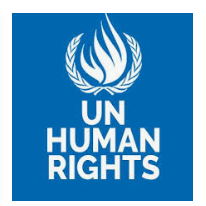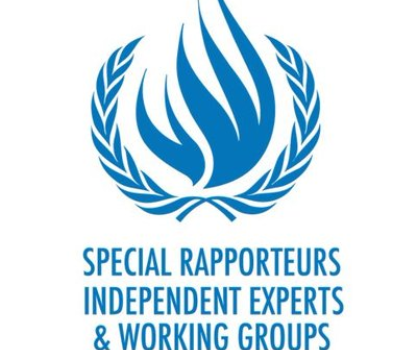In August 2018, the Expert Mechanism on the Rights of Indigenous Peoples (“EMRIP”) presented a study on free, prior and informed consent through the context of human rights to the United Nations General Assembly. This study was conducted pursuant to
The University of Colorado Scott Lecture 2015: Indigenous Peoples and Jurisgenerative Moment in Human Rights, Professor Kristen A. Carpenter
As indigenous peoples have become actively engaged in the human rights movement around the world, the relationship between indigenous peoples and international law, once deployed as a tool of imperial power and conquest, has begun to change. Increasingly, international human
Human Rights to Culture, Family, and Self-Determination: The Case of Adoptive Couple v. Baby Girl; by Kristen A. Carpenter and Lorie M. Graham
EMRIP Study on Indigenous Languages

This study outlines international and regional standards on indigenous peoples’ rights to language and culture, describes the relationship between indigenous cultures and languages to their self-determination and rights to their lands, territories and resources and analyses indigenous peoples’ languages and
UN Special Rapporteur on the Rights of Indigenous Peoples Launches Study on COVID-19 Pandemic on Indigenous Peoples

